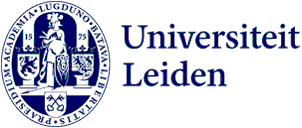
Symposium report: get out of your silo and become a better scientist
How do you set up a successful collaboration between science and practice? That was the main theme of the final meeting of a triptych of symposia on how Leiden University can improve inter- and transdisciplinary collaboration.
Almost all hands go up in the air. National Ombudsman Reinier van Zutphen at the opening of the symposium in the Academy Building has just asked the audience who works at a compartmentalised organisation. Recognition abounds among most of the participants who work at municipalities, ministries, in education and science. Citizens knock on the National Ombudsman's door when they are stuck between the front desk and policy; often the result of compartmentalised organisations that do not work well together.
Complexity of laws and regulations
Van Zutphen: ‘The compartmentalisation is in the complexity of our laws and regulations, but revolves around many more aspects that are continued in the implementation of those regulations. Of all the citizen complaints we receive annually, the majority are about people who appeal to the government but do not get a response. Non-response is number one - why is that? Because the answers to those questions have to come from multiple silos.'
Working together more and better, simplifying rules and considering the consequences of policies. These are solutions to de-commodification that the National Ombudsman advises the audience. ‘The goal should be that everyone should be able to participate in society.’
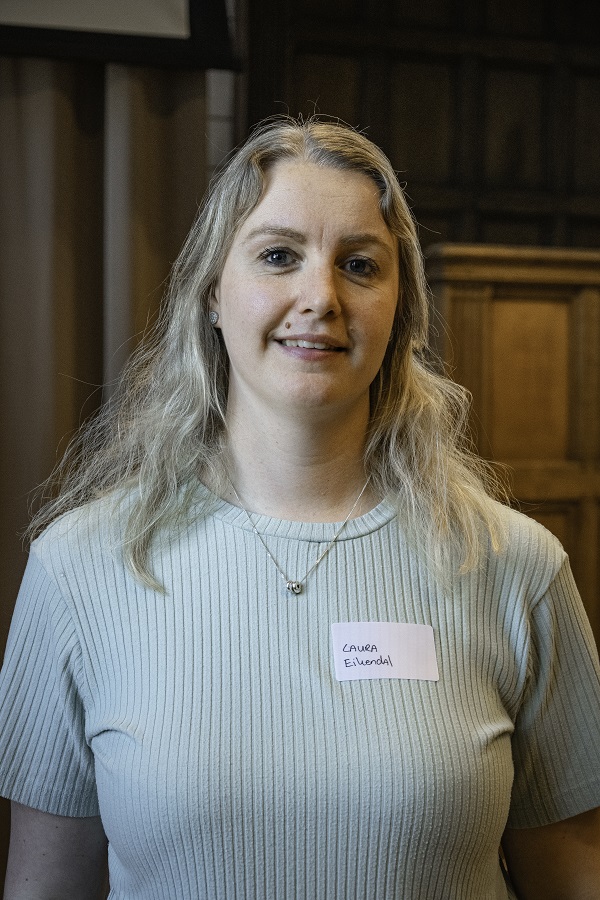
A participant speaks: ‘Gaining inspiration and sharing it with colleagues’
'Within the government, I see that many bottlenecks run across multiple silos. The Ombudsman's story was therefore very recognisable. I am here to gain inspiration and share the outcomes with my colleagues. I have not yet been able to discover a direct solution to decompartmentalisation today, but I have heard a lot of great examples of getting both people from policy and implementation out of their ivory towers, and into more collaborative practice'.
Laura Eikendal - senior advisor Werk aan Uitvoering

Two-minute pitches
Back to the university. How do we foster these collaborations between science and practice? After the ombudsman's keynote, several initiatives are given the chance to pitch in two-minute pitches on how they support collaborations and connect parties. From UL Kiem grants (see box), the Lorentz Center to UnaEuropa, Leiden Leadership Centre, Leiden Kennisstad and Sustainable City Lab.
The group then breaks up for partial sessions, where success stories of collaboration and decompartmentalisation are shared. For instance, policy makers from The Hague spend half a day in front of the classroom and knowledge institutions in Leiden work together with the municipality on a healthier Leiden in the Leiden Healthy Society Center.
Professors and practice
Three professors who also work in practice close the symposium with a panel discussion. They are experts in making connections between science and societal stakeholders. In addition to being professors, Eefje Cuppen is director of the Rathenau Institute, Jet Bussemaker chairs the Council for Public Health and Society, among others, and Jan Willem Erisman chairs the Scientific Climate Council (WKR). Using propositions, the ‘Professors in Practice’ talk about working together, making an impact and broadening their horizons through their duo roles.
Three resounding ‘yes’ votes are given to the statement: ‘I have more influence from the advisory board than from my role as a scientist’. Erisman: ‘I notice that I get in everywhere since I have a formal position as chairman of the WKR. Everyone wants to talk to you. I think it's very important to do this kind of function, to build that bridge between science and practice.'
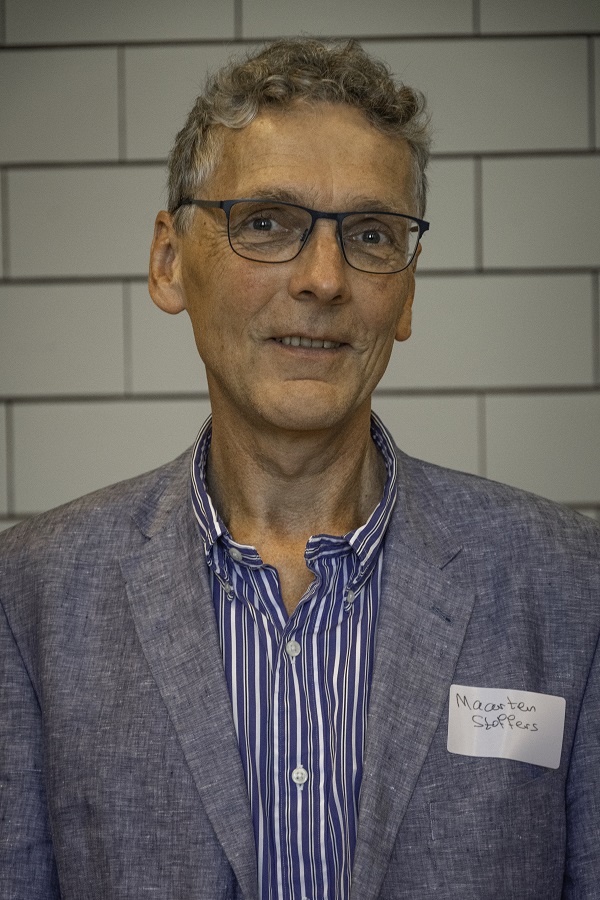
A participant speaks: ‘Gap to citizens must be closed’
'In this role, I try to get people in the De Kooi district of Leiden on board with the energy transition and I am curious to see what research and collaborations there are. For example, what connections are there between the university and Leiden municipality? My concern is: how do those collaborations reach citizens? I feel that gap and am here to see how that gap can be closed by learning more about the collaborations.'
Maarten Stoffers – Coordinator Network Leiden Sneller Duurzaam
‘Policymakers and politicians need our advice more than ever’
Cuppen: ‘I also notice that I have much more influence from my role at the Rathenau Institute. We are much more independent and therefore more reflective. My research agenda is no longer determined by a call or a grant. We can therefore choose more sharply what we do and don't do.' For Bussemaker, already prodded by her past in politics, being able to think more freely is especially important. 'I notice that policymakers and politicians need our advice more than ever in the current political climate. There is a huge hunger for knowledge and we can offer that from the advisory boards.' But the three also stress that you can only function well as an advisory council if you work well together and liaise and listen to all parties.

Broader horizons
The cross-pollination between science and practice is also a win-win situation for the three professors personally: ‘Because of my dual role, I have become a better scientist’. Bussemaker: ‘It is very important in science to also bring in other forms of knowledge than just knowledge we gain from scientific publications.’ Erisman: ‘I have definitely become a better transdisciplinary scientist, because I better understand how to make connections and how in this I also strengthen and broaden my role for the university.’ Cuppen: ‘My horizons have broadened enormously. I end up in very different networks. That works both ways. I have become much more aware of broader social and political perspectives and that in turn feeds me as a scientist.'
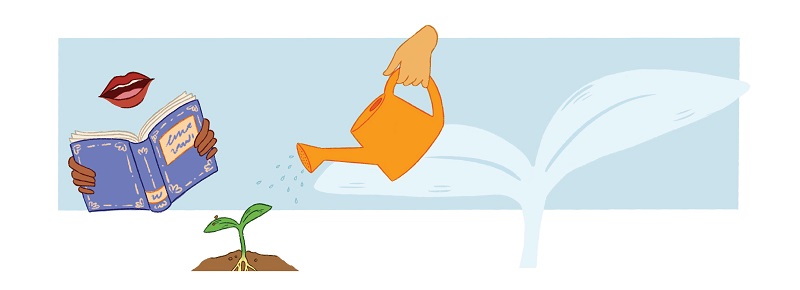
Apply for a Kiem grant before 21 June
The symposium featured an information stand of UL Kiem grants where Leiden University staff were given information on how to apply for this Leiden grant for interdisciplinary research collaborations. Seed grants of up to EUR 10,000 per project are available. The deadline for submitting a proposal is 21 June 5pm.
-
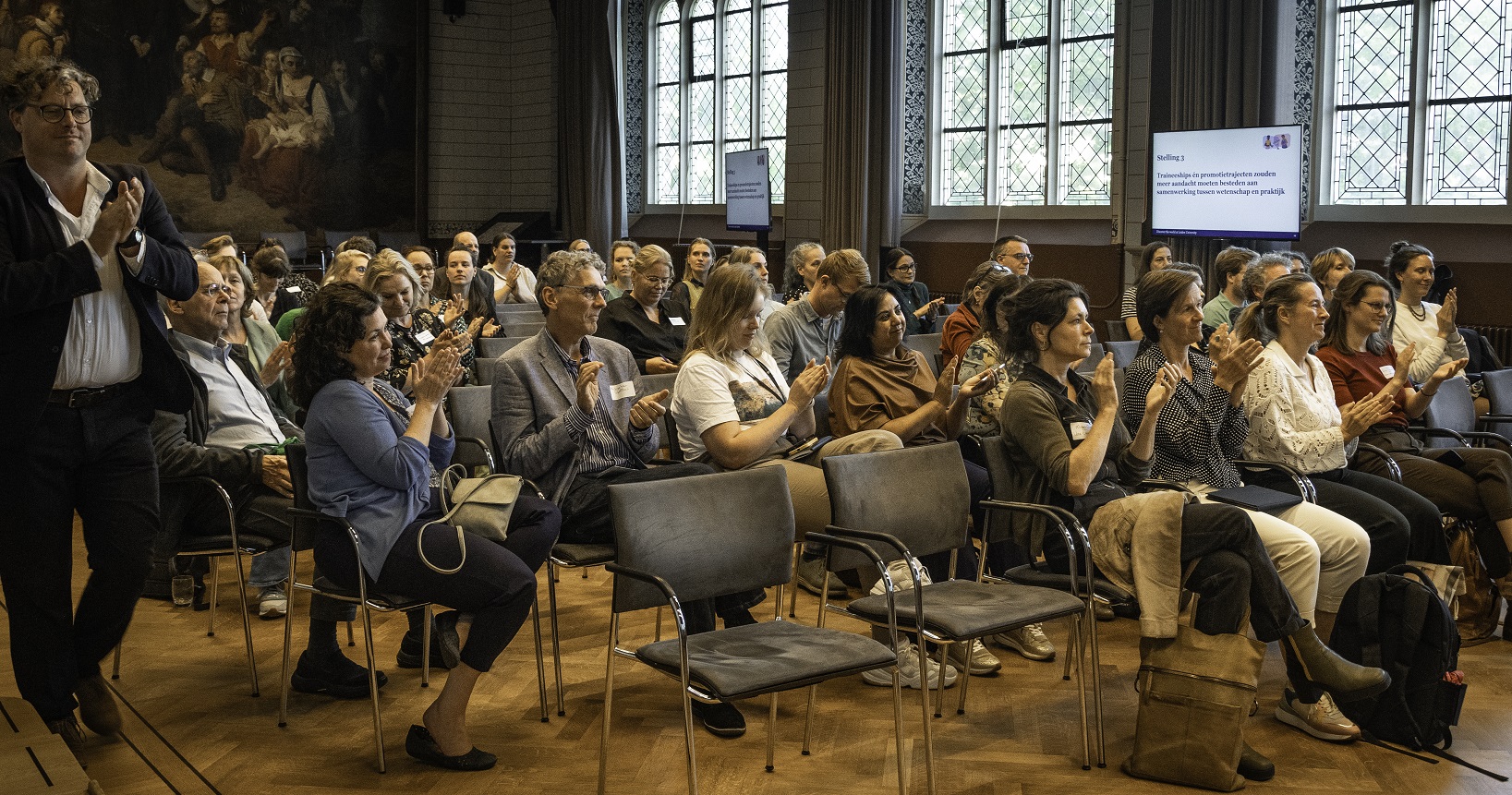
Various participants working at the university or other institutions attended the symposium -
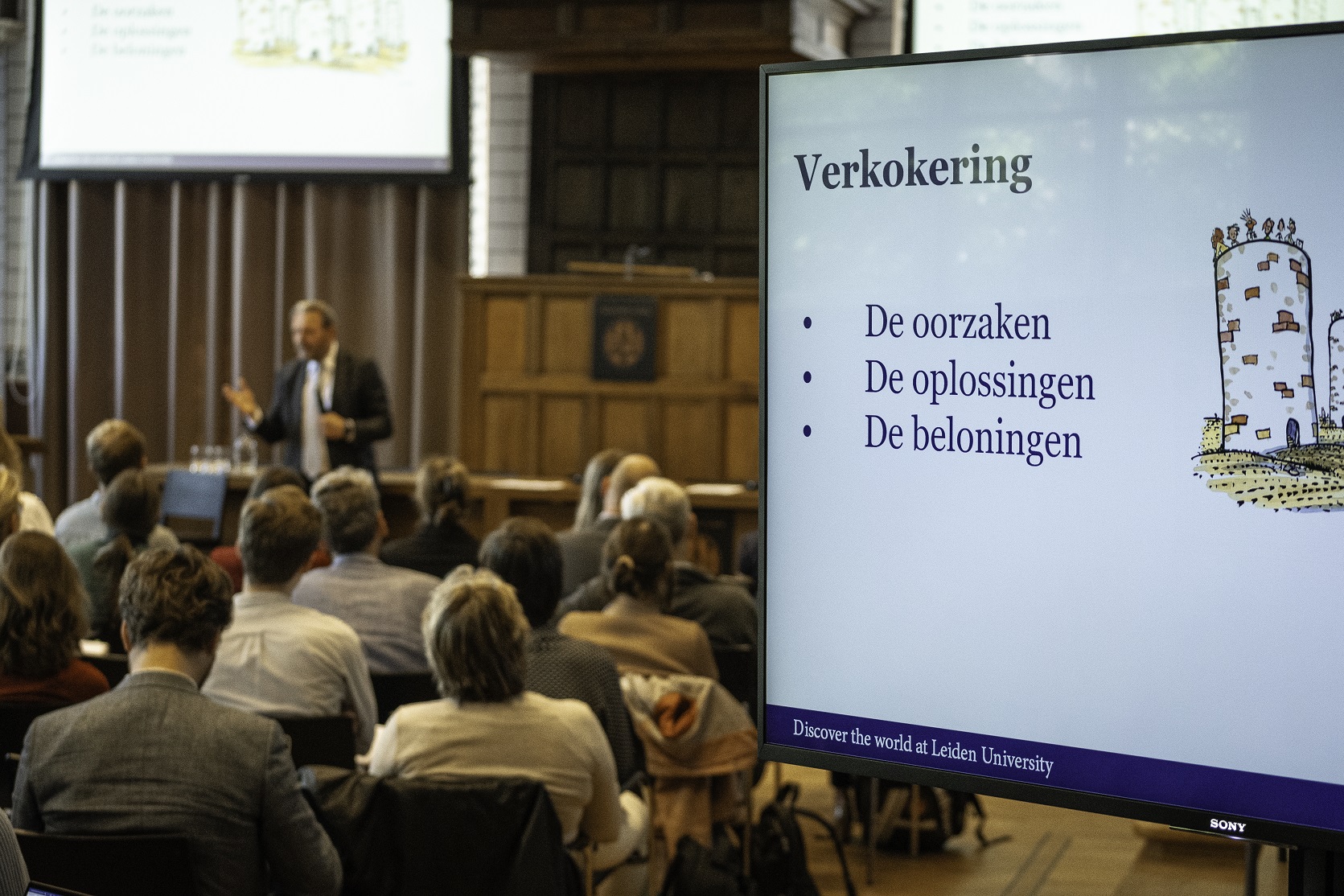
Keynote by Nationale ombudsman Reinier van Zutphen -
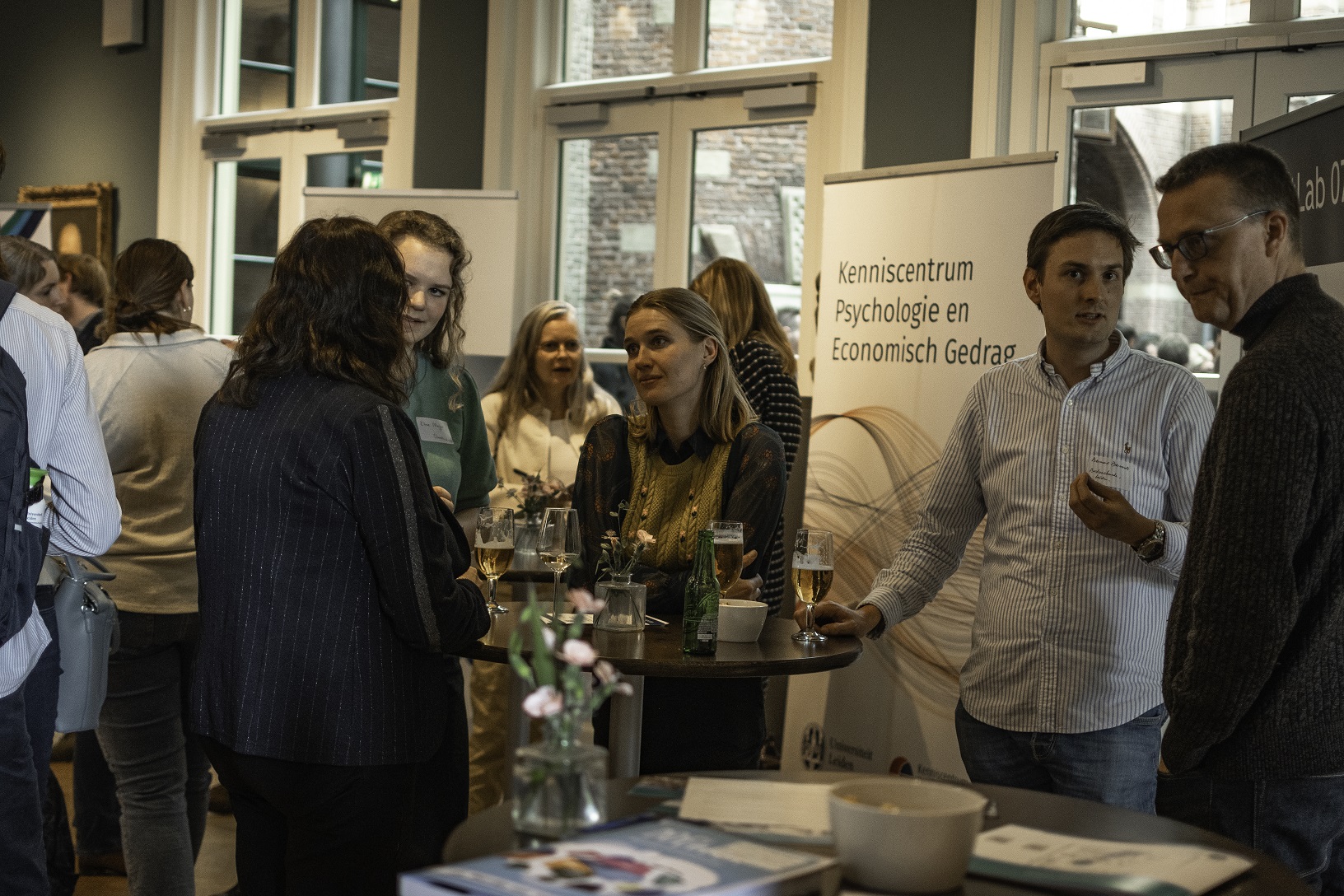
A market with various stands offered ample opportunity to forge new collaborations markt -
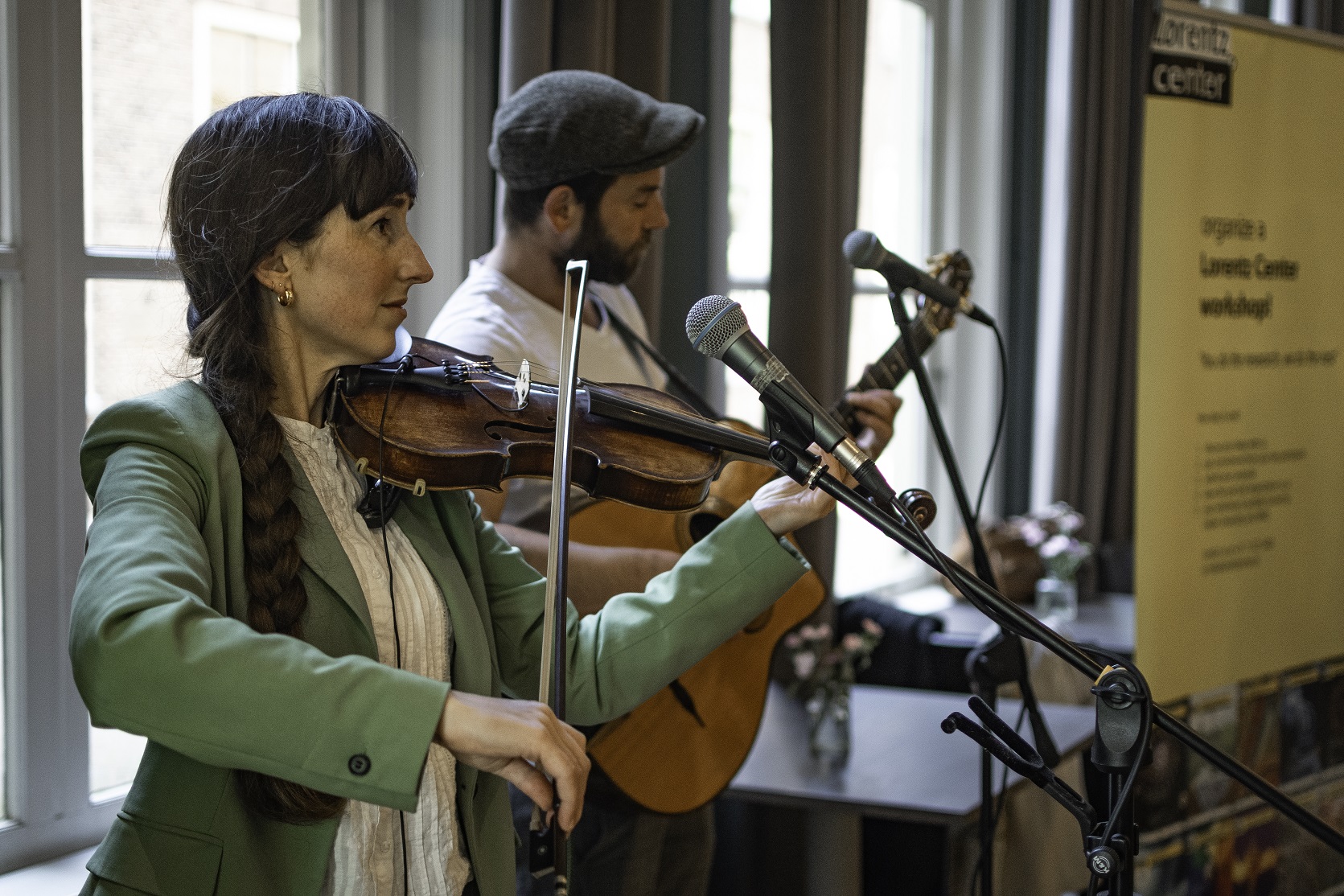
The market was accompanied by French chansons
